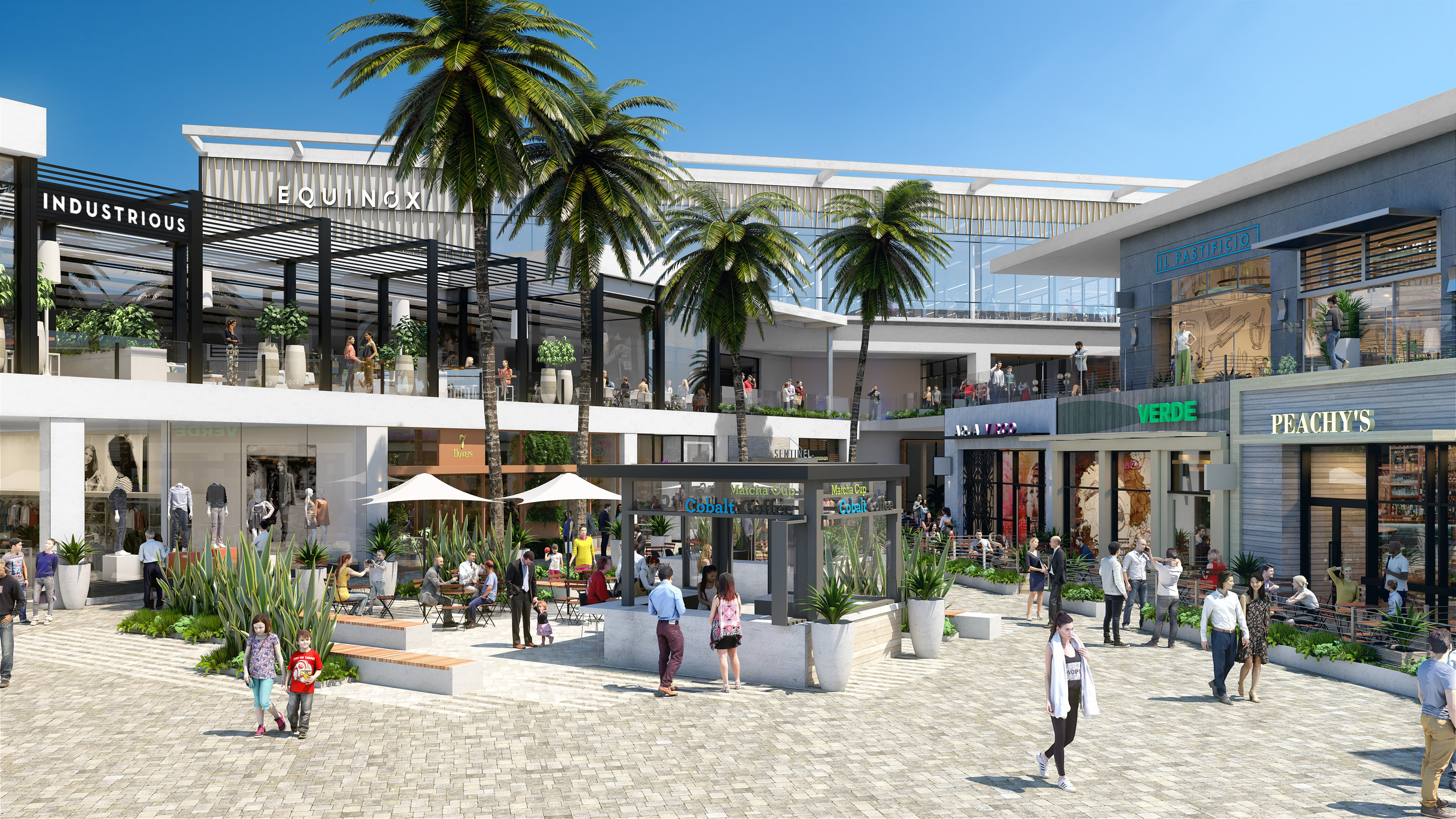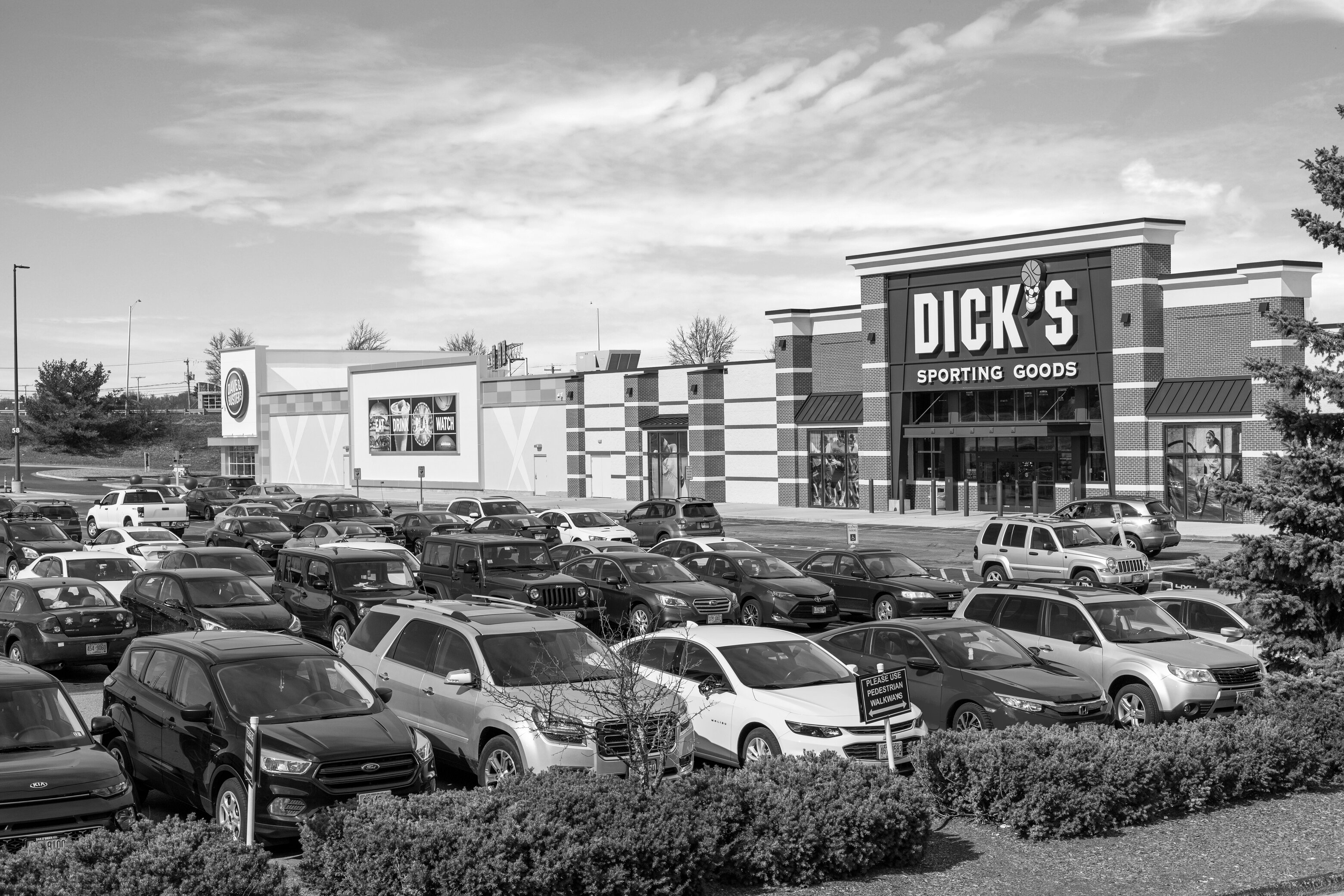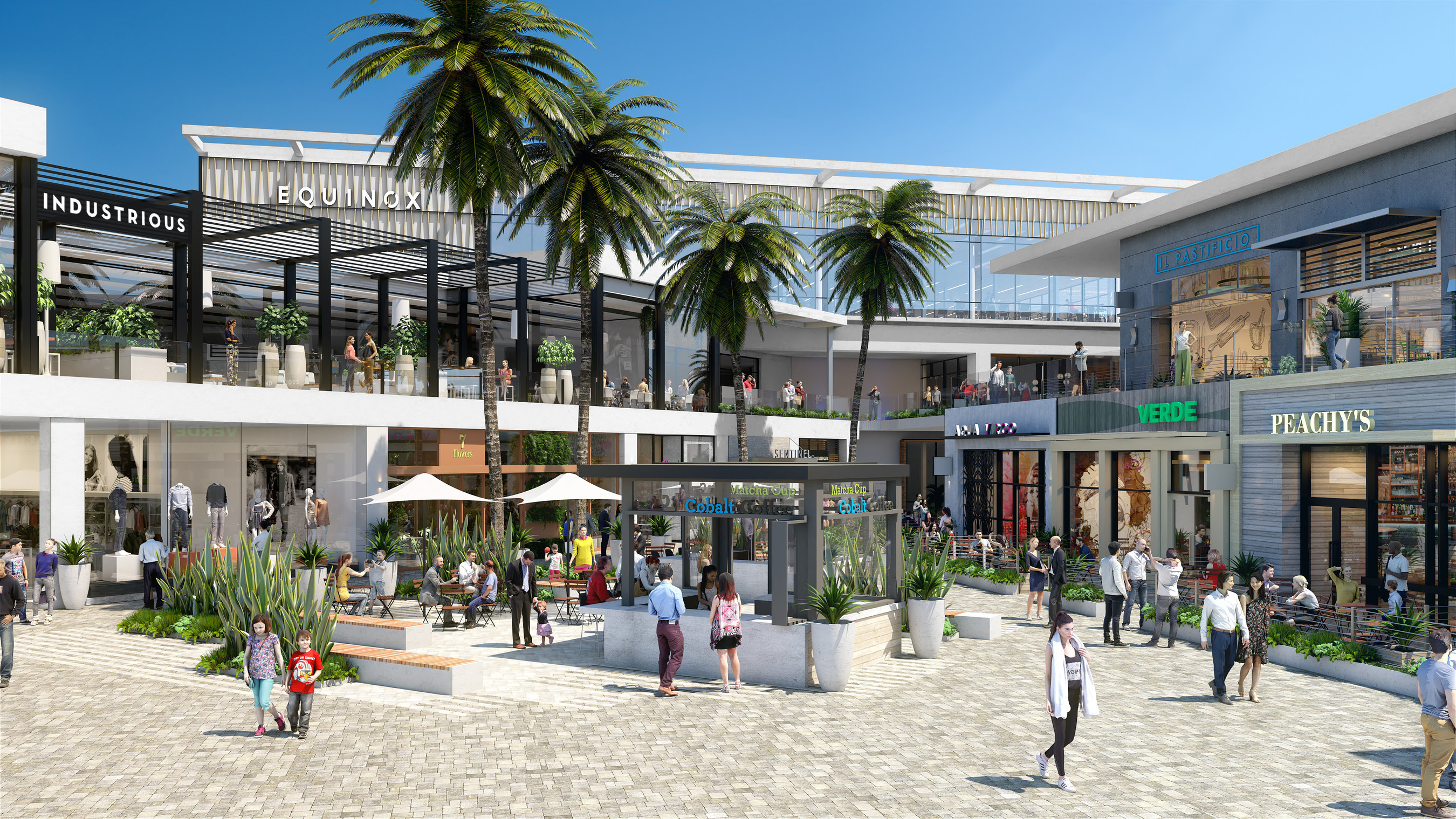Just six months ago, it looked like Seritage Growth Properties' (SRG +0.28%) slow-moving strategy of redeveloping former Sears and Kmart stores for higher-value uses was finally close to paying off. While Sears Holdings' late-2018 bankruptcy was a setback, new tenants opened at a rapid pace within Seritage's portfolio toward the end of 2019. Moreover, the retail REIT appeared poised for another year of strong leasing activity and tenant openings in 2020.
Unfortunately, the COVID-19 pandemic thoroughly disrupted this momentum. The REIT's recent earnings report highlighted why it will be very difficult for Seritage Growth Properties to get back on track.
A big bet on the wrong horse
Seritage Growth Properties' first problem relates to its tenant mix. In recent years, many retail and real estate analysts concluded that while there were too many retail stores in the U.S., some of the excess space could be soaked up by "experiential" tenants ranging from restaurants to gyms to arcades to movie theaters. (The idea was that such experiences can't easily be duplicated online.)
For better or worse, Seritage jumped on this trend. As of the end of last year, nine of its top 20 tenants -- accounting for nearly a quarter of its annual rent -- would be considered experiential. The biggest chunk of exposure came from family entertainment centers like Dave & Buster's, with significant contributions from gyms and movie theaters as well.

Source: Seritage Growth Properties Q4 2019 Supplemental.
Unfortunately, these tenants have been some of the biggest casualties of the COVID-19 pandemic. For example, heavily indebted 24 Hour Fitness filed for bankruptcy in June and closed 134 of its gyms. As a result, Seritage reported having two 24 Hour Fitness locations in its portfolio generating $1.8 million of annual rent as of June 30, down from seven locations and $6.7 million of annual rent three months earlier.
So far, Seritage hasn't suffered any other major tenant bankruptcies due to the pandemic. However, it isn't out of the woods yet. Furthermore, plenty of tenants are avoiding bankruptcy by playing hardball with landlords. As of Aug. 4, Seritage had collected just 66% of contractual rent for the second quarter and 74% for July. In some cases, it has reached formal agreements with tenants to defer rent to a later date; other tenants are unilaterally withholding rent.
Seritage doesn't have the luxury of time
The second problem is that COVID-19 has injected a huge amount of uncertainty into the retail landscape. Nobody knows when the pandemic will end or what consumer behavior will look like in a post-pandemic world. As a result, tenants with signed leases -- especially experiential tenants -- want to delay their openings, and hardly anyone wants to sign new leases.

Image source: Seritage Growth Properties.
These trends can be seen easily in Seritage's financials. During 2019, the REIT increased annualized in-place rent from tenants other than Sears and Kmart by more than $30 million: from $66.2 million to $97.1 million. In the first half of 2020, annualized in-place rent excluding Sears and Kmart barely grew, reaching $97.4 million by the end of June. And whereas Seritage signed leases for at least $40 million of annual rent in each of the last three years, lease signings plummeted to just $4.6 million in the first half of 2020.
Alas, Seritage's business plan depended on quickly redeveloping space vacated by Sears. Right now, its portfolio is mostly vacant, so the REIT is burning cash at a steady clip. In the first half of 2020, revenue was just $55 million: not even enough to cover its quarterly interest payments of nearly $30 million. Other property-level and overhead expenses add up to about $27 million per quarter.
Seritage Growth Properties has been making ends meet using asset sale proceeds. It has sold 13 properties and five outparcels for $166.2 million year to date and has another $91.5 million of assets under contract for sale. However, it was supposed to be investing the proceeds in projects that would soon start generating rent. Instead, Seritage is giving up future income just to pay ongoing expenses as it waits for conditions to improve.
Stay away, at least for now
Shares of Seritage have plunged 72% year to date, as investors have fled the retail real estate sector. This has knocked more than $1.5 billion off of the REIT's market cap.
Notwithstanding the pandemic, Seritage Growth Properties owns a lot of valuable real estate. In theory, it's probably worth more than the REIT's current market value. However, Seritage is like a melting ice cube; its value is falling every day due to its cash burn. Moreover, it's not clear how it will come up with the cash needed to complete its redevelopment plans. Until there's a clearer path forward, investors should steer clear of this troubled retail REIT.






